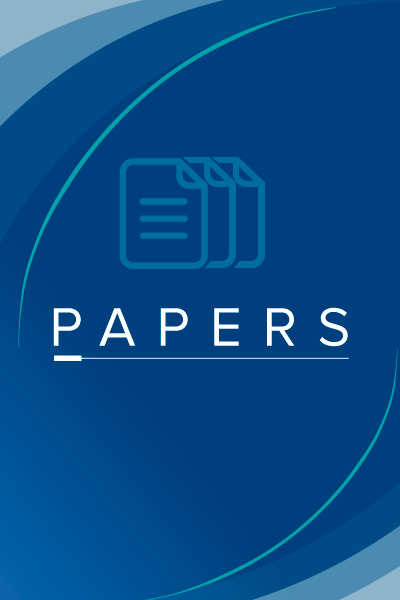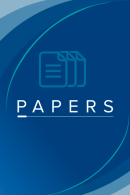
Over‑expression of muscle glycogen synthase in human diabetic nephropathy
| PROCEDENCIA(S): | Ciencia y Medicina, USS de La Patagonia. |
|---|---|
| CATEGORÍA(S): | Endocrinología y Metabolismo, Hematología, Urología y Nefrología. |
| AUTOR(ES): | Rodrigo Gatica / Romina Bertinat / Pamela Silva / Pamela Kairath / Felipe Slebe / Fabián Pardo / María J, Ramírez / Juan C, Slebe / José M, Campistol / Francisco Nualart / Carme Caelles /Alejandro J, Yáñez. |
| TIPO DE MATERIAL: | Artículos, Investigación. |
| ARCHIVO: |
 Reconocimiento CC BY. Esta obra está bajo una Licencia Creative Commons Reconocimiento CC BY 4.0 Internacional.
Reconocimiento CC BY. Esta obra está bajo una Licencia Creative Commons Reconocimiento CC BY 4.0 Internacional.
Diabetic nephropathy (DN) is a major complication of diabetic patients and the leading cause of end-stage renal disease. Glomerular dysfunction plays a critical role in DN, but deterioration of renal function also correlates with tubular alterations. Human DN is characterized by glycogen accumulation intubules. Although this pathological feature has long been recognized, little information exists about the triggering mechanism. In this study, we detectedover-expression of muscle glycogen synthase (MGS) in diabetic human kidney. This enhanced expression suggests the participation of MGS in renal metabolic changes associated with diabetes. HK2 human renal cell line exhibited an intrinsic ability to synthesize glycogen, which was enhanced afterover-expression of protein targeting to glycogen. A correlation between increased glycogen amount and cell death was observed. Based on a previous transcriptome study on human diabetic kidney disease, significant differences in the expression of genes involved in glycogen metabolism were analyzed. We propose that glucose, but not insulin, is the main modulator of MGS activity in HK2 cells, suggesting that blood glucose control is the best approach to modulate renal glycogen-induced damage during long-term diabetes.


